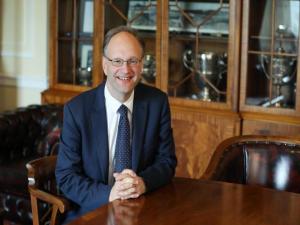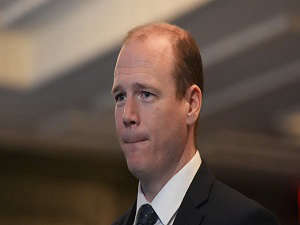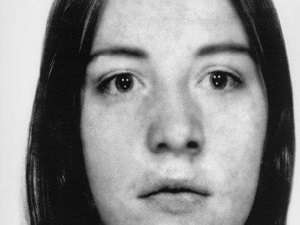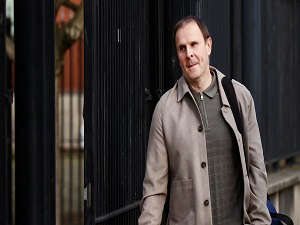
By Rebecca Black, PA.
Stormont's education minister Peter Weir has clashed with the chairman of his department's scrutiny committee over academic selection.
The issue of unregulated tests used by selective grammar schools in Northern Ireland has come to the fore amid calls for the 2020 tests to be called off.
Earlier this week the Archbishop of Armagh, Eamon Martin, urged that the tests be cancelled this year, but Mr Weir said there was no "viable alternative".
The tests are set by private organisations AQE and PPTC, and are not regulated by the department.
Education committee chairman Chris Lyttle asked the minister if he believes children have "equal opportunity" to prepare for the tests while home schooling amid the lockdown.
"As best there can be," Mr Weir responded.
"There will always be some levels of inequality in society. I have taken whatever action I can to try and create a level playing field as much as possible.
"Is everything absolutely equal between everybody? No, I don't think that is the case - unfortunately we don't live in that sort of ideal world. All we can do is try to take steps to make that level of equalisation as much as possible."
Mr Lyttle hit back: "I'm sorry minister, you can't equate routine inequality with months of lockdown due to a global health emergency."
Earlier the committee agreed to write to selective grammar schools in Northern Ireland to ask whether they have any contingency arrangements should transfer tests not take place later this year.
Mr Lyttle asked Mr Weir whether he was aware of any contingency plan.
Mr Weir said that would be an issue for selective schools but cautioned there is not a "level of robust data" otherwise.
"It is also the case that if you are going to assess someone, a test is the best way of doing it.
"Clearly if academic selection isn't used, there still then needs to be some suggestion about how oversubscribed schools would actually determine which pupils get in and which don't."
Mr Lyttle put to Mr Weir that academic selection is not used for primary school admissions.
"You couldn't really use academic selection for four-year-olds, I think that goes into the ridiculous, to be perfectly honest," the minister responded.
Mr Lyttle countered: "For 10-year-olds as well."
Mr Weir added: "If you don't have some form of academic selection you could see developing a system, largely speaking, that happens in England, where there is a cadre of schools that will effectively be private schools selecting on the basis of the ability of fee payers to pay.
"There are inequalities within the current system, if you want to exacerbate those, move to a system in which selection happens by way of the ability of people to pay for places, or alternatively where schools select on the basis of proximity, where there is a premium price to get a house close to that particular highly regarded school, or indeed in England where certain schools that are church-based will require particular levels of attendance at church services.
"None of those seem to be particularly attractive notions."


 Gordon Lyons to attend first GAA match as Stormont Communities Minister
Gordon Lyons to attend first GAA match as Stormont Communities Minister
 Fresh appeal over 1973 murder of 18-year-old whose body was found in quarry
Fresh appeal over 1973 murder of 18-year-old whose body was found in quarry
 Kneecap say terror charge is ‘carnival of distraction’ and ‘political policing’
Kneecap say terror charge is ‘carnival of distraction’ and ‘political policing’
 Woman assaulted while jogging in West Belfast
Woman assaulted while jogging in West Belfast
 Leading loyalist Winston Irvine sentenced to 30 months for firearms offences
Leading loyalist Winston Irvine sentenced to 30 months for firearms offences